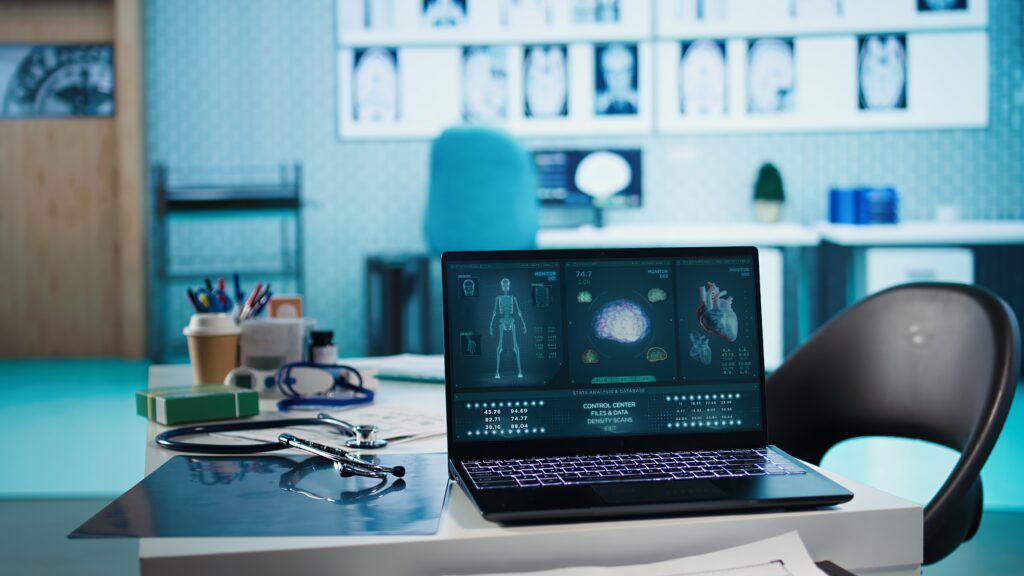AI tool detects tiny brain lesions, offering hope of epilepsy cure
Researchers say their ‘AI epilepsy detective’ could transform how doctors identify cortical dysplasias, accelerating treatment and improving outcomes.

Australian researchers have developed an AI tool that can identify tiny brain lesions in children with epilepsy, a breakthrough they say could enable faster diagnoses and pave the way for potential cures.
Scientists from the Murdoch Children’s Research Institute and The Royal Children’s Hospital designed the ‘AI epilepsy detective’ to detect lesions as small as a blueberry in up to 94 percent of cases. These cortical dysplasias are often invisible to doctors reviewing MRI scans, with around 80 percent of cases previously missed during human examination.
In a study published in Epilepsia, the team tested the tool on 71 children and 23 adults with focal epilepsy. Seventeen children were part of the test group, and 12 underwent surgery after the lesions were identified using the AI. Eleven are now seizure-free.
Lead researcher Dr Emma Macdonald-Laurs said earlier lesion identification can speed surgery referrals and improve outcomes. ‘Identifying the cause early lets us tailor treatment options and helps neurosurgeons plan and navigate surgery,’ she explained. ‘More accurate imaging allows neurosurgeons to develop a safer surgical roadmap and avoid removing healthy brain tissue.’
Brain lesions are one of the most common causes of drug-resistant seizures, yet they can be challenging to detect using conventional imaging techniques. The researchers now hope to expand the use of their AI tool across paediatric hospitals in Australia with additional funding.
One child, five-year-old Royal, experienced frequent seizures before doctors using the tool identified and removed the lesion responsible. His mother said he is seizure-free and has returned to his ‘calm, friendly, and patient’ self.
Would you like to learn more about AI, tech and digital diplomacy? If so, ask our Diplo chatbot!
